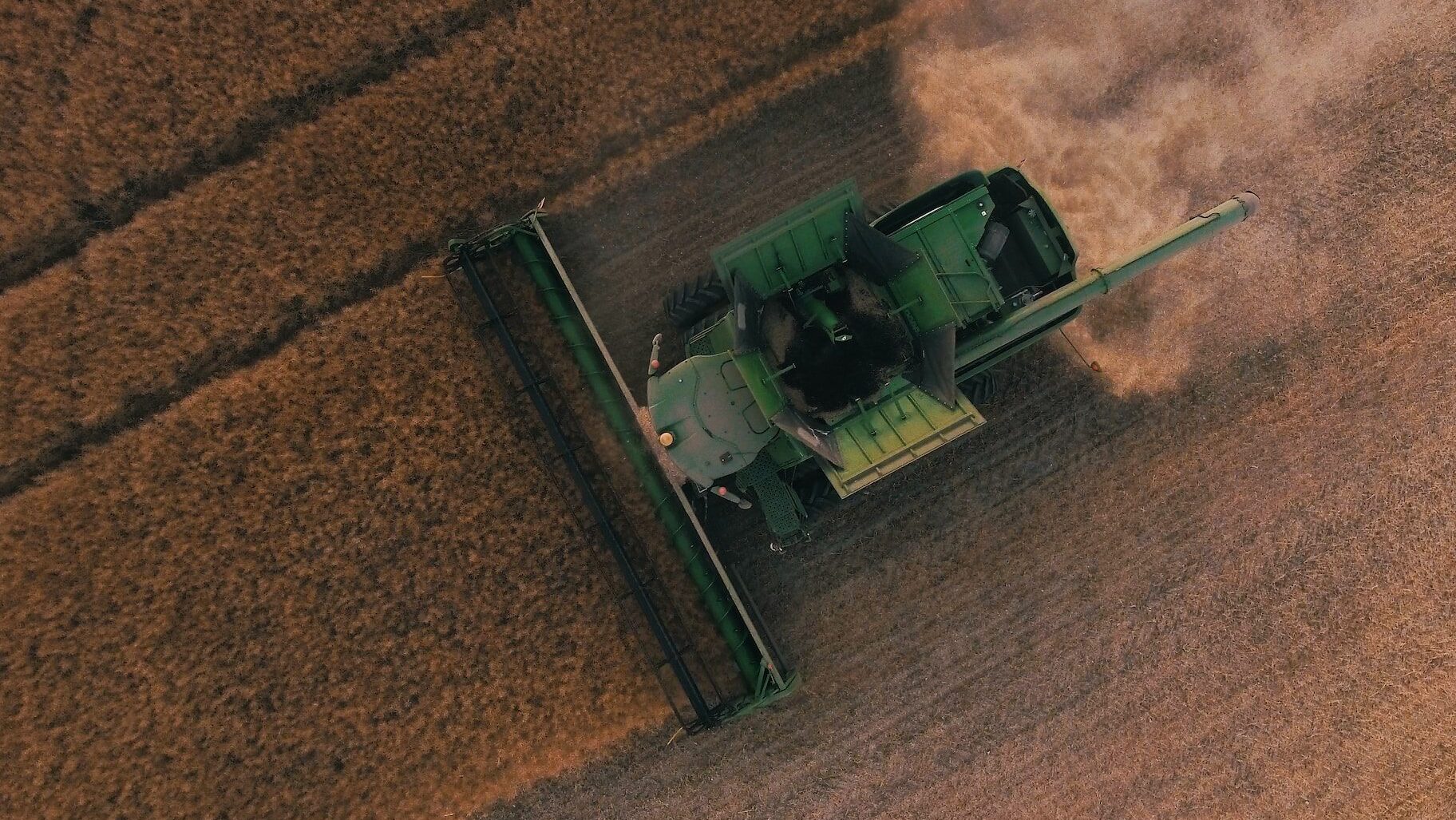
Photo: Scott Goodwill
Poland is hindering an agreement between the EU and a bloc of 76 African and Caribbean countries that could make it easier to return asylum seekers to Africa.
Poland is the last holdout on the so-called Post-Cotonou agreement with the 79 countries of the Organization of African, Caribbean, and Pacific Group of States (ACP). The agreement is an update of a twenty-year-old treaty that adds to the pact measures on human rights and immigration, including ways for ACP nations to take back migrants whose asylum applications have failed in the EU, according to Reuters.
Hungary had initially opposed the agreement on grounds that it could infringe on sovereignty in education and included elements of gender ideology. In April, though, it signed on after getting assurances that the treaty wouldn’t encroach on the nation’s sovereign control over education, sexual rights, and labour market regulation, according to Reuters.
Now Poland remains the lone EU-member state in opposition to the treaty.
The issue came up again at a meeting of the EU foreign affairs council, the bloc’s roundtable of foreign relations ministers, apparently leaving everyone dissatisfied.
“The High Representative also raised the signing of the Post-Cotonou agreement and encouraged Member States to swiftly find an agreement,” a press release following the meeting stated.
According to Politico, Poland is using the Post-Cotonou agreement as leverage for more direct support from Brussels for handling the excess of Ukrainian agricultural products in Poland. According to the news outlet, several diplomats have said that in exchange for signing on to the Afro-Caribbean treaty, Poland wants the EU to buy its grain and any surplus stocks from Ukraine and send the extra supplies to Africa and elsewhere.
Among Eastern European countries, Poland has been especially generous in its direct aid to Ukraine, including being the first to send fighter jets, but also among the hardest hit by the influx of Ukrainian wheat, corn, and oilseeds into the EU, facilitated by both Brussels and the Polish government. The backlash has been both economic and political.
In May of 2022, four months into the Russian invasion of Ukraine and about the same time when Brussels lifted import restrictions on Ukrainian products and created the so-called solidarity lanes to facilitate the export of cereals and oilseeds from Ukraine, Warsaw reached an agreement with Kyiv to conduct joint border customs controls to increase the flow of both people and goods across the Polish-Ukrainian border.
“The Polish-Ukrainian border should unite not divide,” Polish President Andrzej Duda told the Ukrainian parliament in a speech that made him the first foreign leader to speak in person in Kyiv following the start of the Russian invasion on February 24th, 2022.
Facilitated by border policies and the temporary lifting of tariffs, millions of tonnes of Ukrainian cereals and oilseeds flowed in, much of which, according to Politico, was stored by Polish traders waiting for the right time to sell.
But Polish farmers started protesting this spring when they realised the influx of Ukrainian grain had depressed prices. It was an untimely political blowback for the Law and Justice Party facing tough elections this year. Poland’s Agriculture Minister Henryk Kowalczyk resigned in April, partly over the grain situation.
After unilaterally blocking Ukrainian agricultural imports (except for Romania, which took other measures), Poland and four other countries, also affected by a glut of Ukrainian imports—Hungary, Slovakia, Bulgaria, and Romania—reached an accord with the EU Commission. The Commission agreed that the five countries would only serve as transit countries along the so-called solidarity lanes, meaning in principle that Ukrainian cereals and oilseeds were not to enter their markets but instead to pass through to flow freely in the rest of the EU. The Commission also pledged another €100 million in compensation to farmers and unspecified support for the logistics of transporting Ukrainian grain further into the EU.
Reuters reports that according to recently published data from the U.S. Department of Agriculture, Ukraine shipped 8.4 million tonnes of wheat between July and December 2022, an amount 47% lower than the same period a year earlier. Approximately half of the 2022 volume went to EU member states, compared with 2% in the same time frame in 2021. Half of that wheat hitting the EU landed in Romania, Poland, Hungary, or Slovakia.
Romania has received and moved the largest amount of Ukrainian cereals, as the port of Constanta has been the best alternative for Ukrainian shipments. Reuters reports that Constanta has handled nearly a third of Ukrainian grain exports since the Russian invasion, Comvex (CMVX.BX) said, shipping 8.6 million tonnes in 2022 and 3.3 million in the first quarter of 2023. Though the USDA data does not track re-exports, the agency mentioned to Reuters that Romania may have trans-shipped most of the arrivals.
At the same time, other destinations that have typically been the importers of Ukrainian grain, namely Africa and Asia, have seen their shipments significantly reduced. In 2021, Africa absorbed 34% of Ukrainian exports, but in 2022 shipments were 80% lighter, also as reported by Reuters. Shipments to all Asian destinations were down more than 80% as well.
According to Politico, other countries have accused Warsaw of “hijacking” the Post-Cotonou agreement to squeeze the EU on the issue of Ukrainian imports and Polish farmers.
